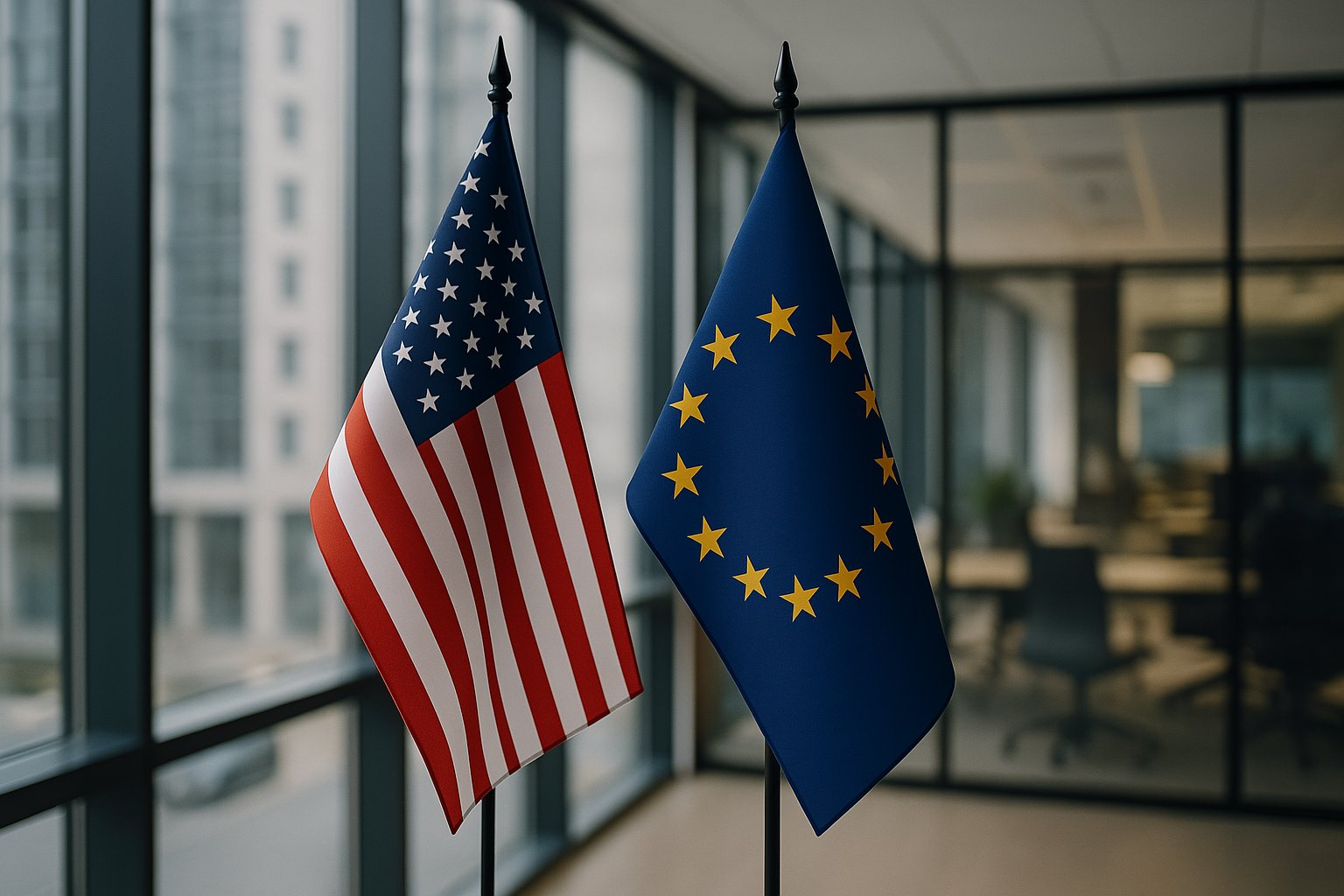In an evolving landscape where data governance and protection are increasingly scrutinized, recent discussions surrounding international data transfers have taken a pivotal turn. The combined effects of geopolitical tensions, particularly concerning tariffs and alliances, are significantly impacting cross-border data legislation.
The annual roundtable event held alongside the IAPP’s Global Privacy Summit highlighted these pressing issues. Historically focused on EU-U.S. data transfers, the conversation has broadened to encompass a wider global context, reflecting the growing economic and social significance of digital data governance. The once-clear demarcations of privacy regulations between the U.S. and EU are now clouded by emerging complexities.
This year marks a departure from previous patterns, with the U.S. implementing a series of restrictive measures, such as limitations on sensitive data transfers to specific countries. Moreover, the ongoing debate surrounding the export of frontier AI models and the contentious TikTok ban illustrate a shift towards data localization that diverges from the U.S.’s traditional advocacy for free data flow.
The European Union’s response has been equally significant, with steps to revise its General Data Protection Regulation and related laws aiming to streamline regulation and boost competitiveness. However, this has sparked critical dialogue concerning the EU’s regulatory authority, as noted by Anu Bradford in her observation on whether the EU may be relinquishing its renowned “regulatory superpower.”
Concerns persist regarding the efficacy of the Data Privacy Framework (DPF) established under President Biden, especially amidst reports of administrative shifts, such as the dismissals of Privacy and Civil Liberties Oversight Board members and judicial resignations related to data protection enforcement. European stakeholders have voiced unease over the potential impact on future data transfer negotiations, especially against a backdrop of political rhetoric expressing skepticism towards the EU.
As data is increasingly regarded as a strategic asset, the interplay between data governance and global politics has intensified accordingly. The perception of data as a geopolitical weapon has emerged, raising the stakes for cross-border data transfers. Amid a brewing trade war and geopolitical tensions, the cooperation necessary for cohesive data policy may be greatly challenged going forward.
The implications of these developments remain uncertain as global relationships fluctuate and the demand for effective data governance escalates.

